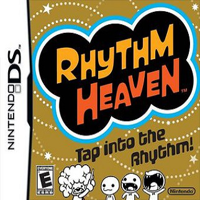Choice-and-consequence games MBTI 성격 유형
인격
"Choice-and-consequence games은 어떤 성격 유형입니까? Choice-and-consequence games은 mbti의 INTJ 성격 유형입니다. enneagram의 5w6 - sp/so - 514, big 5의 , socionics의 ILI입니다."
I think choice games in general depends on how you determine for the most matching option in each choice section to reach certain goals. It works like an algorithmic set (if..., then...) of how certain choice/action could lead to it's consequences, therefore the player must have the ability to predict for likely outcomes and choose wisely to win this game, in which this is identic with Ni-Te (INTJ) decision making process. However, it all depends on how the player wants to play it: INTJ player would chose a single decisive choice for each section and focus on the goal/victory conditions of the game itself. INTP player would rather experiments with multiple choice in every section and see alternatives from the main options in which an INTJ player wouldn't probably consider. That said, an INTP player likes for alternative endings in the game. INFP player would put heavy emphasize on the story itself and likes to roleplay as the main character. They like for the game to be 'where your choices actually matter'.
전기
A video game trope where decisions the player makes can change the course of the game. Being kind to someone early in the game might result in them helping you later on, while if you ignored them, you might need to find a solution without them. Killing a character might end up with a loved one swearing revenge, when he might have become your ally otherwise. These decisions and their consequences can range from world-changing to insignificant. There are three requirements to be this trope: 1. As the name implies, there have to be multiple possible outcomes the player can choose from. 2. It must have a lasting effect on the narrative. If all it does is change the next line of dialogue, it's not this trope. If what you say gets brought up later on, it does. Stat increases or other changes limited to non-narrative game mechanics don't count, either. 3. The consequences must be a logical result (by whatever passes for "logic" in the game) of your decision.








